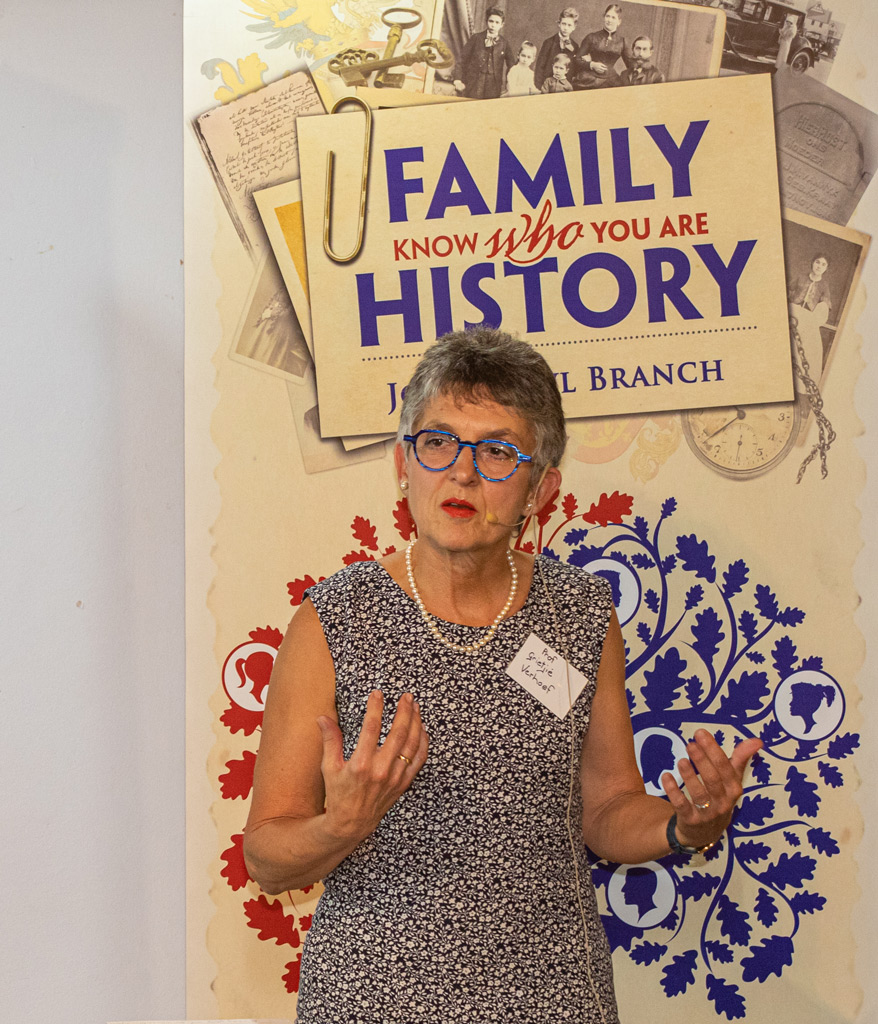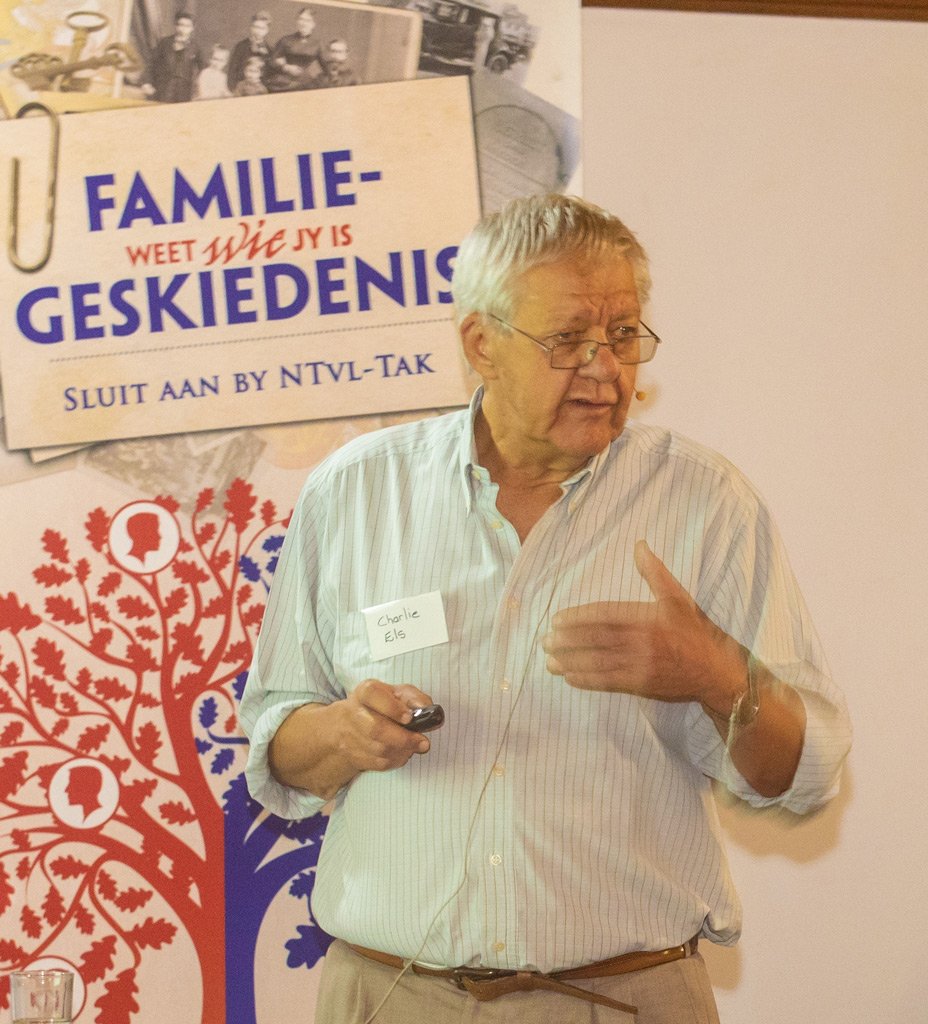Northern Transvaal Branch - Monthly Presentations 2020
One of the benefits of GSSA membership is the opportunity to attend a monthly talk by a knowledgeable speaker. The Northern Transvaal branch is renowned for the quality, professionalism, and relevance of its presentations on a myriad of genealogy related topics. Navigate to the presentation video, text or slide set. Each presentation is in the language of the topic. For a summary of each presentation, see below.
| Click on the ✔ to open | ||||||
|
DATE
|
SPEAKER
|
TOPIC
|
VIDEO
|
TEXT
|
SLIDES
|
CV
|
| 2020-10-17 | Yolanda Chong | Digitale Drome & Familiebome - my verlede tot op hede | ✔ | ✘ | ✔ | ✔ |
| 2020-09-12 | Alta Jamison | The four Jamison brothers in World War 2 | ✘ | ✘ | ✔ | ✔ |
| 2020-08-15 | Dr Elmien Wood | Uit die voorraadskuur van die geskiedenis: epidemies | ✔ | ✘ | ✘ | ✔ |
| 2020-07-18 | Matt Bode | Sources and searches on FamilySearch | ✔ | ✘ | ✘ | ✔ |
| 2020-06-20 | Matthew Marwick | Redharvest: A salute to South Africa's 'munition factories' of WWI | ✔ | ✘ | ✔ | ✔ |
| 2020-05-16 | Dr Wilhelm Bernhardt |
Net 'n doodgewone man: Die lewensverhaal van James Herman, 1820 Setlaar
|
✔ | ✘ | ✔ | ✔ |
| 2020-04-14 |
Prof André Buys
|
Ons voorouers in Mauritius
|
✔ | ✔ | ✘ | ✔ |
| 2020-03-14 | Prof Grietjie Verhoef | Carnegie, Armoede en Triomf | ✔ | ✘ | ✔ | ✔ |
|
2020-02-08
|
Charlie Els
|
Die Verstotelinge
|
✔ |
✔ | ✔ | ✘ |
| PRESENTATIONS FOR UPCOMING YEAR | ||||||
| 2023 | Gauteng North Branch - Monthly Presentations | |||||
| 2022 | Northern Transvaal Branch - Monthly Presentations | |||||
| 2021 | Northern Transvaal Branch - Monthly Presentations | |||||


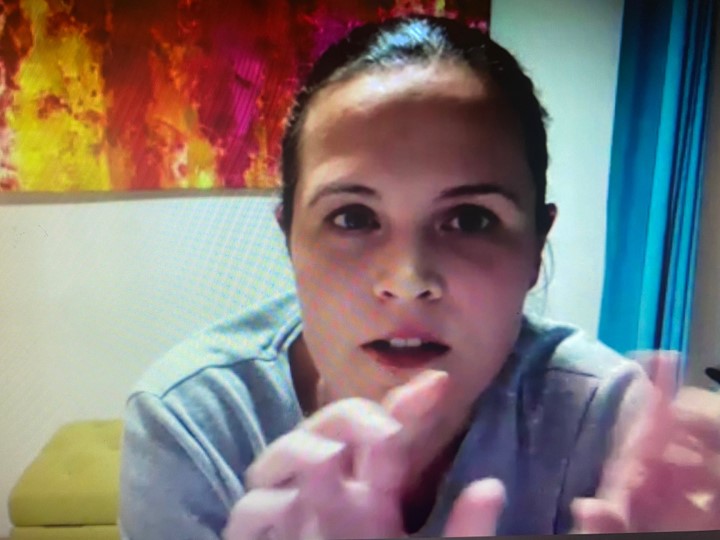 Yolanda Chong: 17 October 2020
Yolanda Chong: 17 October 2020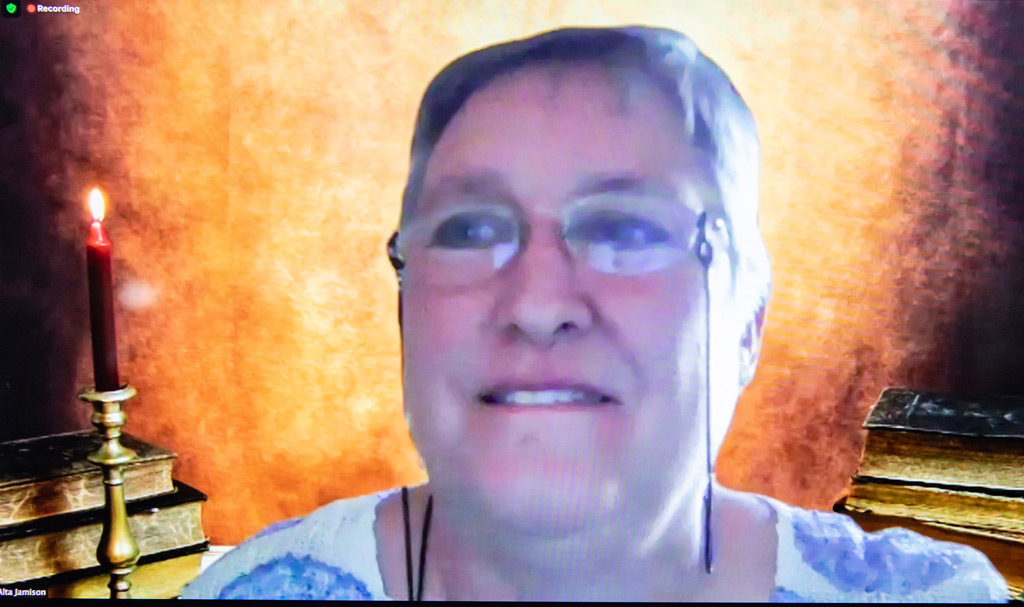 Alta Jamison: 12 September 2020
Alta Jamison: 12 September 2020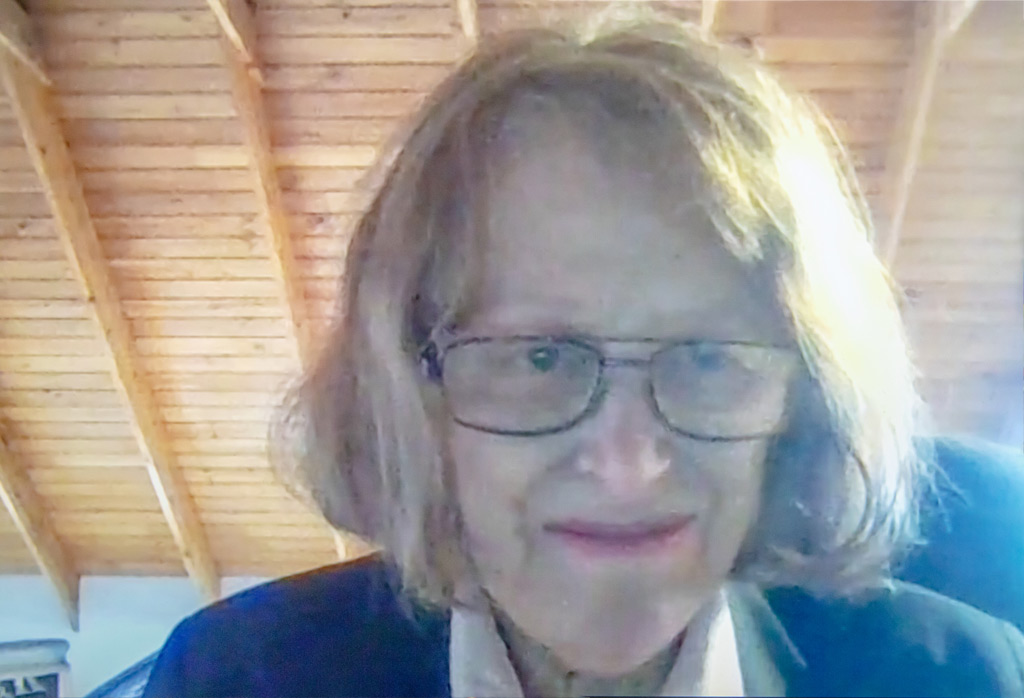
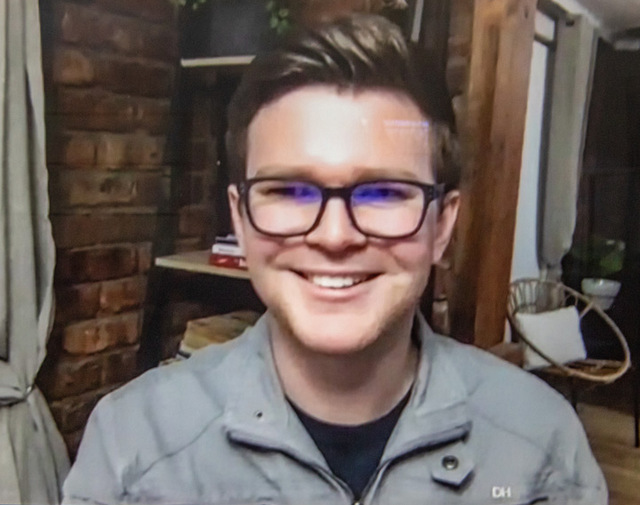 Matthew Bode: 18 July 2020
Matthew Bode: 18 July 2020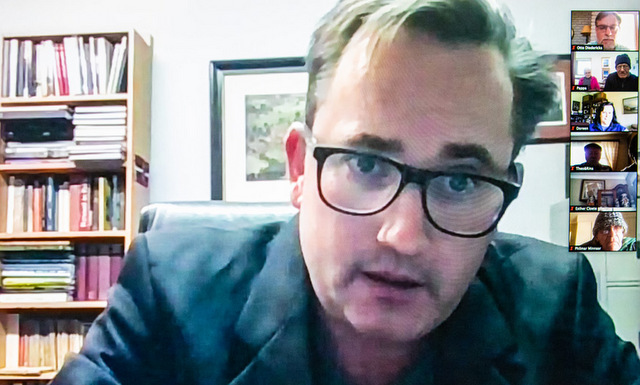 Matthew Marwick, 20 June 2020
Matthew Marwick, 20 June 2020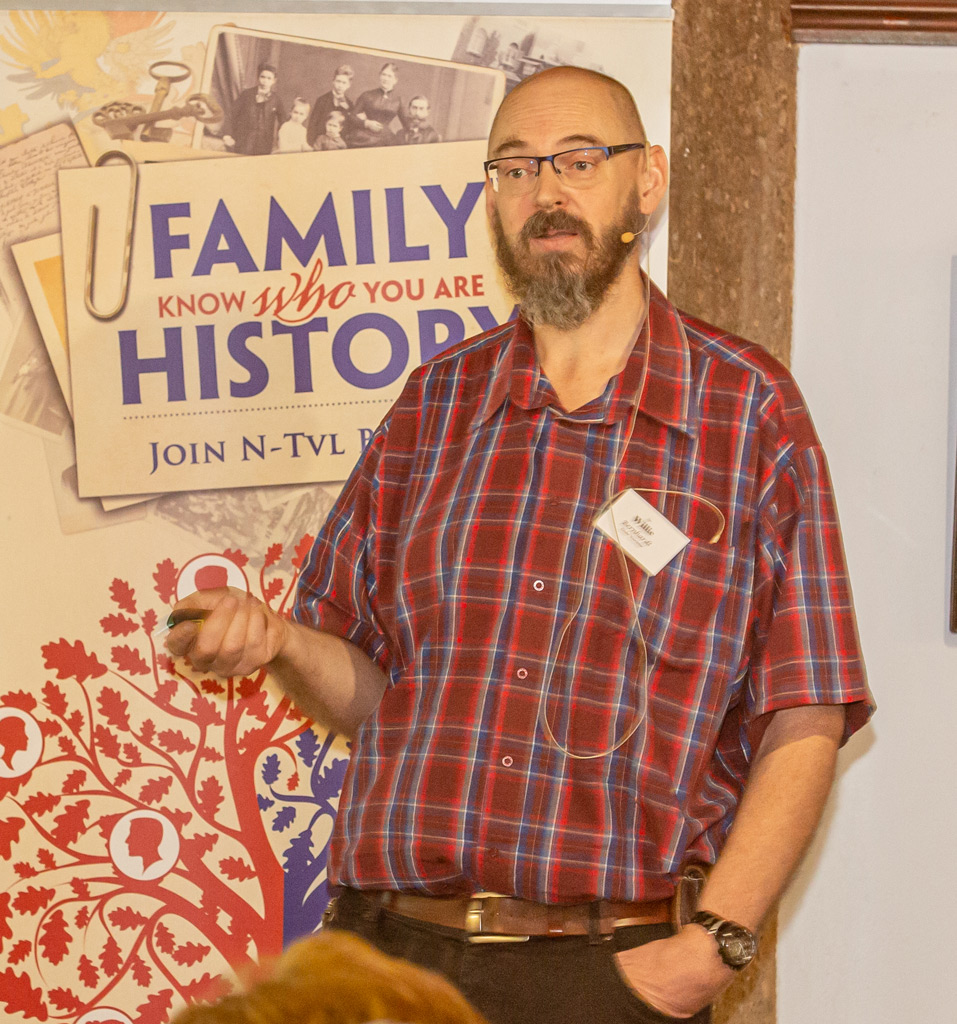
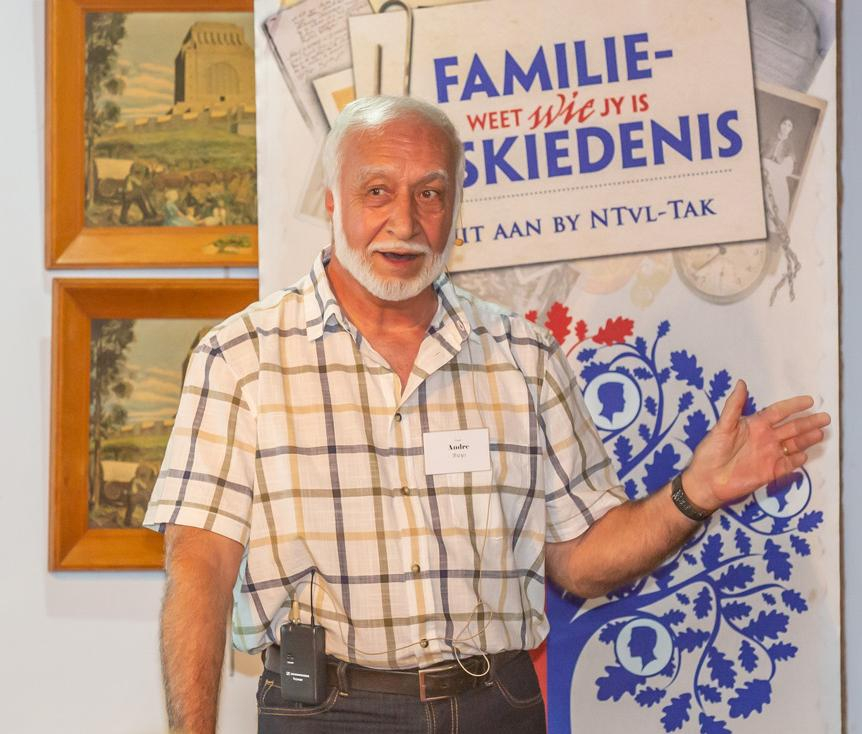 Prof André Buys, 14 April 2020
Prof André Buys, 14 April 2020